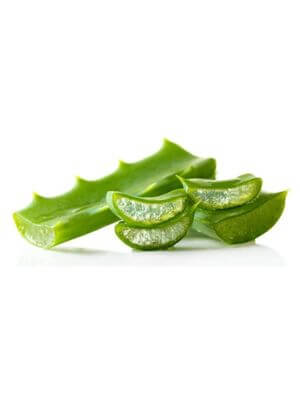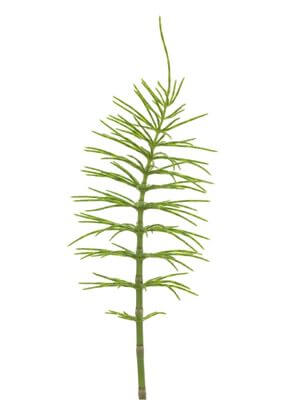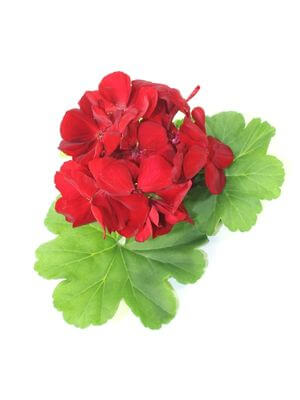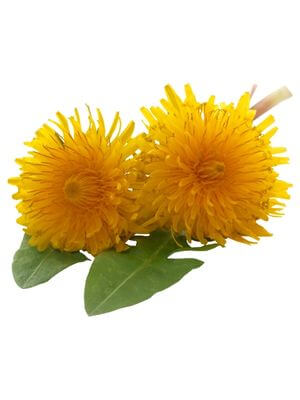2025 Think Dirty Awards Winners
Best Serum • Best Lotion
Unlock Your Best Skin Yet! Get 15% off Storewide with code SKINWIN
Sale
Aloe Vera Juice Bulk Base for Making Skincare!
Now there is a quick and easy way to make your own custom serum tailored to your skin's unique needs.
Aloe Vera Gel Base is a 4-ounce bulk juice base designed for making customized skincare and DIY peptide serums. The base provides a light, hydrating carrier so you can add concentrated anti-aging peptides and active boosters to create a tailored formula.
If you struggle with watered-down store serums or unclear ingredient lists, this base helps you control concentration and texture. Mix your chosen peptides or hyaluronic boosters directly into the aloe base, and you’ll have a stable, smooth serum in under 5 minutes without thinning or heavy residues.
Compared to glycerin-heavy gels or thin toners, this aloe base balances hydration and spreadability, keeping your actives effective and comfortable on the skin. Use it to dilute clinical-strength peptides to your preferred concentration or as a daily hydrating serum base for mature, sensitive skin.
Manufactured in the USA to cosmetic industry standards and provided with a clear ingredient list to support ingredient-savvy formulation and informed use.
4 ounce white jug
Skin Perfection
850061380609




How many ounces does this base come in?
The bulk Aloe Base comes in a 4-ounce white jug.
Does the aloe gel need to be stored in the fridge?
For long-term storage, we recommend storing all lotion-making supplies (unless the label says to store at room temperature) in the fridge. This will keep your ingredients or bases fresh for the next time you use them.
What are the sizes for this product?
The Aloe Vera Base is 4 ounces.
Does it leave a sticky anything behind after drying down? Or just absorbs away. I'm looking for something clean I can give my clients after laser treatment ect. But I can't have anything be sticky or residues you know?
The Aloe Vera Gel Bulk Base does not have a sticky texture. It quickly absorbs into the skin.
For eye bags, would you suggest using 1 oz of your aloe mixed with 90 drops of the Eyeseryl?
Yes, you would add 90 drops of Eyeseryl to the aloe bulk base. If you have dry mature skin, you could also use a cream base.